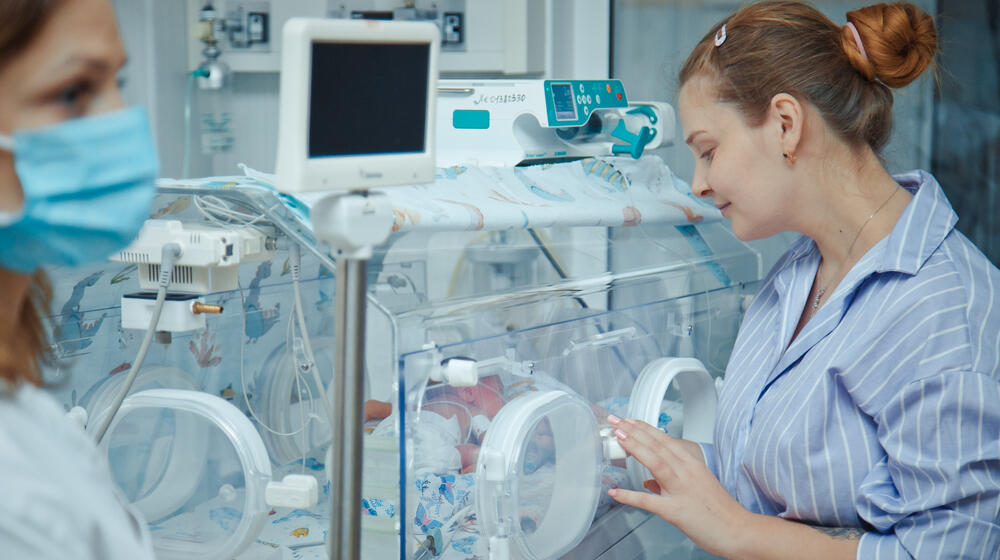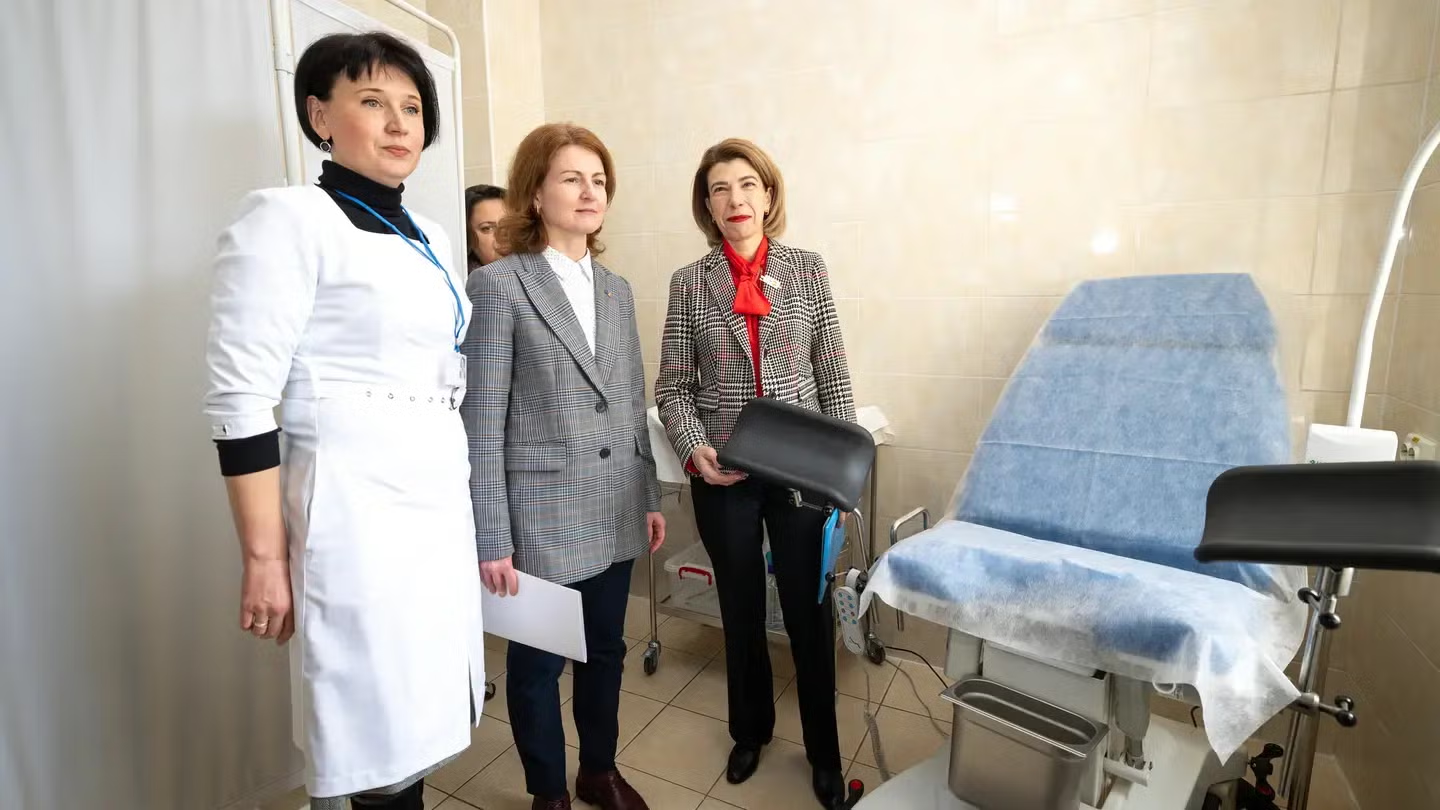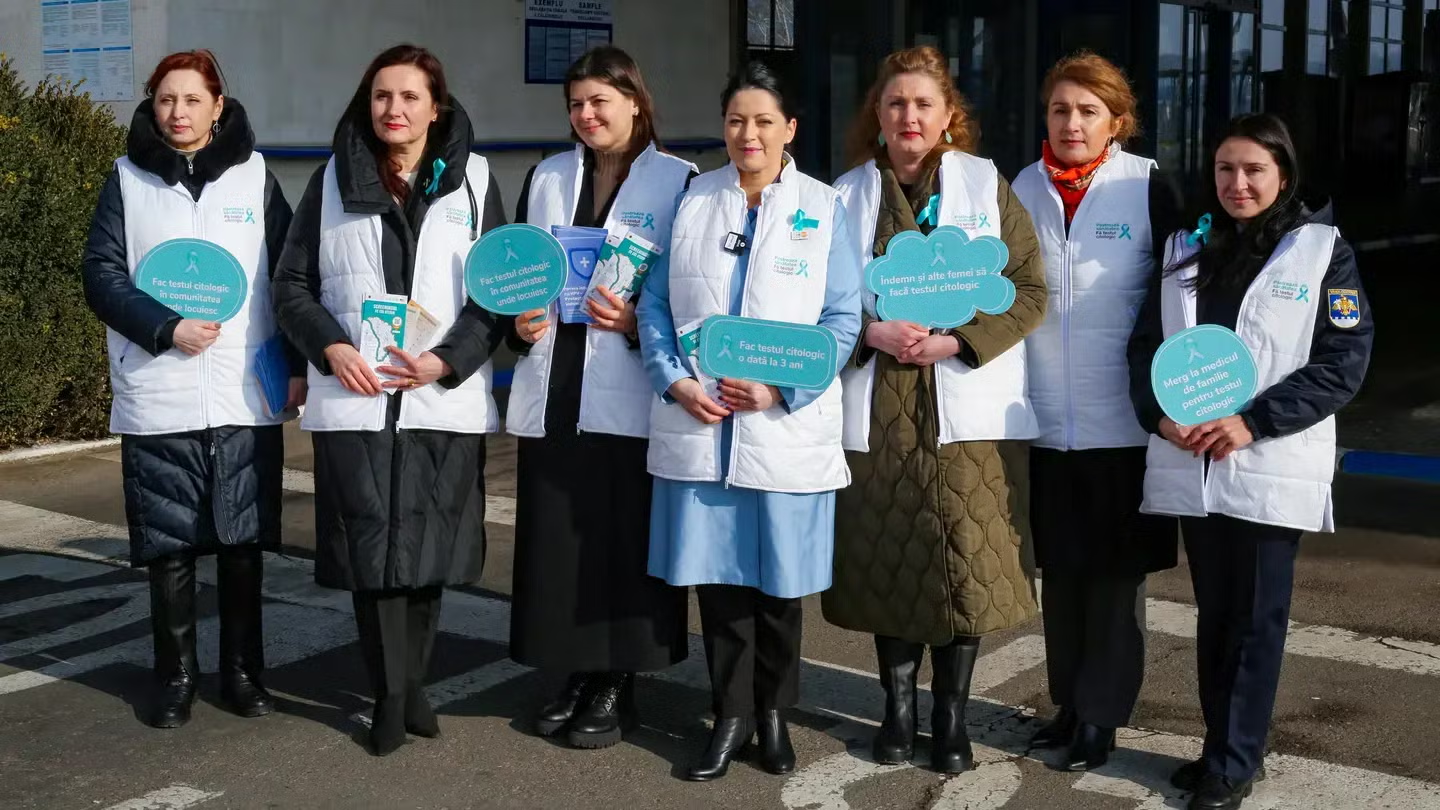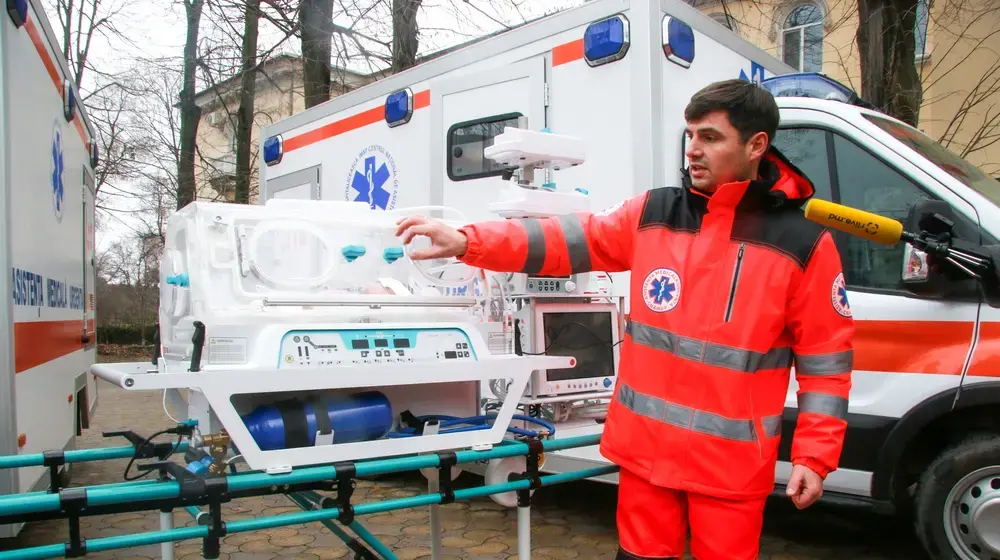The United Nations Population Fund (UNFPA) continues to provide medical institutions of the Republic of Moldova with high-performance obstetrics and gynaecology equipment and furniture. The total amount of support for the entire reproductive health system is USD 3.4 million.
The maternity hospitals from Edineț, Cahul and Bălți, Ceadîr Lunga, the Mother and Child Institute and the Oncological Institute have already been equipped during 2022. Furthermore, the maternity wards of hospitals No 1 and No 3 from the capital are to be equipped with intensive care equipment as part of UNFPA Moldova's response to the humanitarian crisis.
Cahul maternity ward doctors, working for 50 years, did not expect to have new equipment
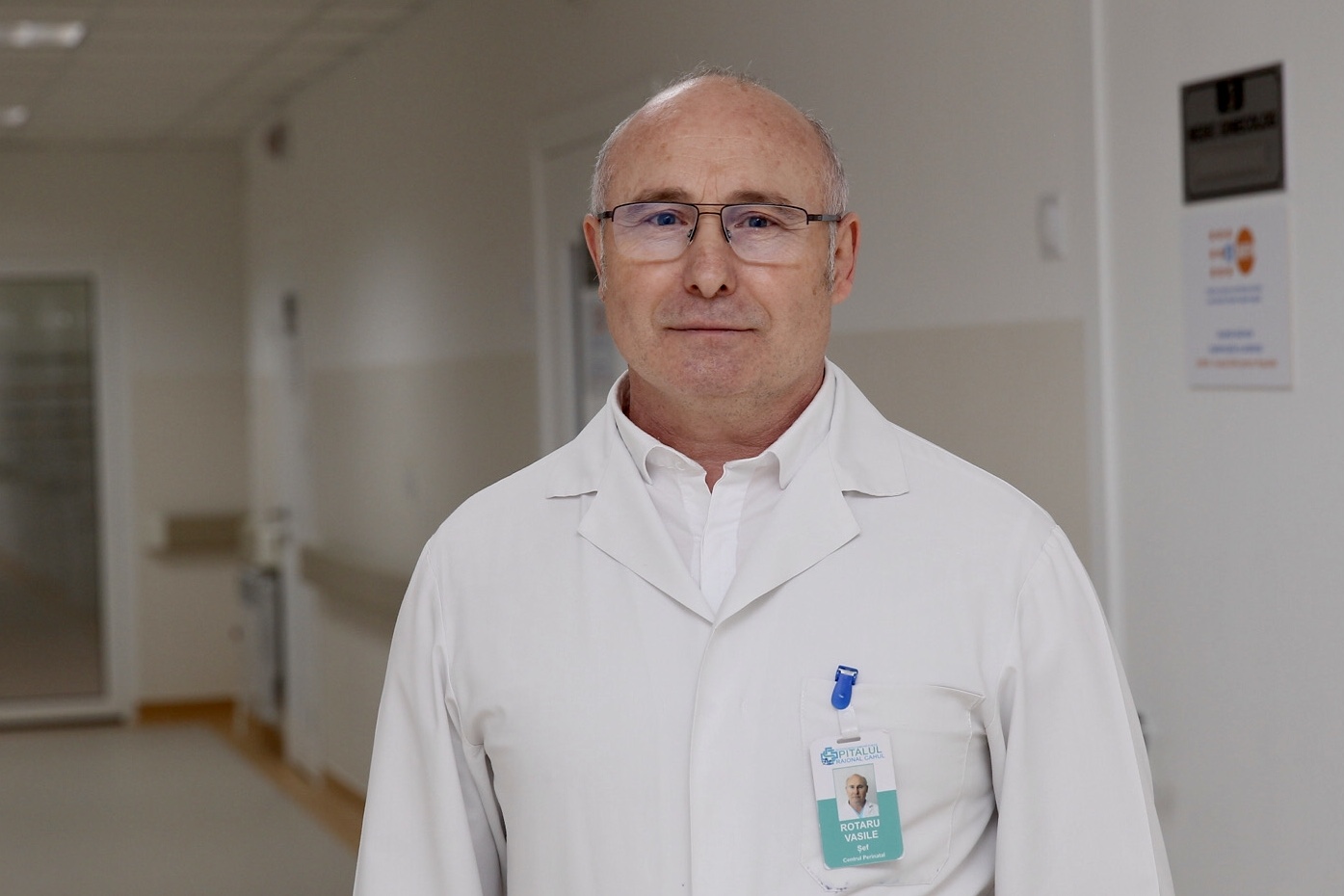
More than 900 babies are born annually at the Cahul hospital maternity ward, of which more than 180 are delivered through caesarean operations. The UN Population Fund, with the support of the United States of America, has provided the perinatal centre with USD 175,000 worth of modern equipment so that pregnant women, mothers and their babies can have access to quality and efficient medical services.
The grant will help reduce maternal and infant mortality rates in Moldova and increase access to quality reproductive health services for the women of Cahul, Taraclia and Cantemir.
Ludmila Postolachi has been employed at the medical institution since 1972. She told us that she never thought she would see the equipment upgraded, and now both doctors and patients will be able to follow the hygiene requirements while mothers and their babies will be safer.
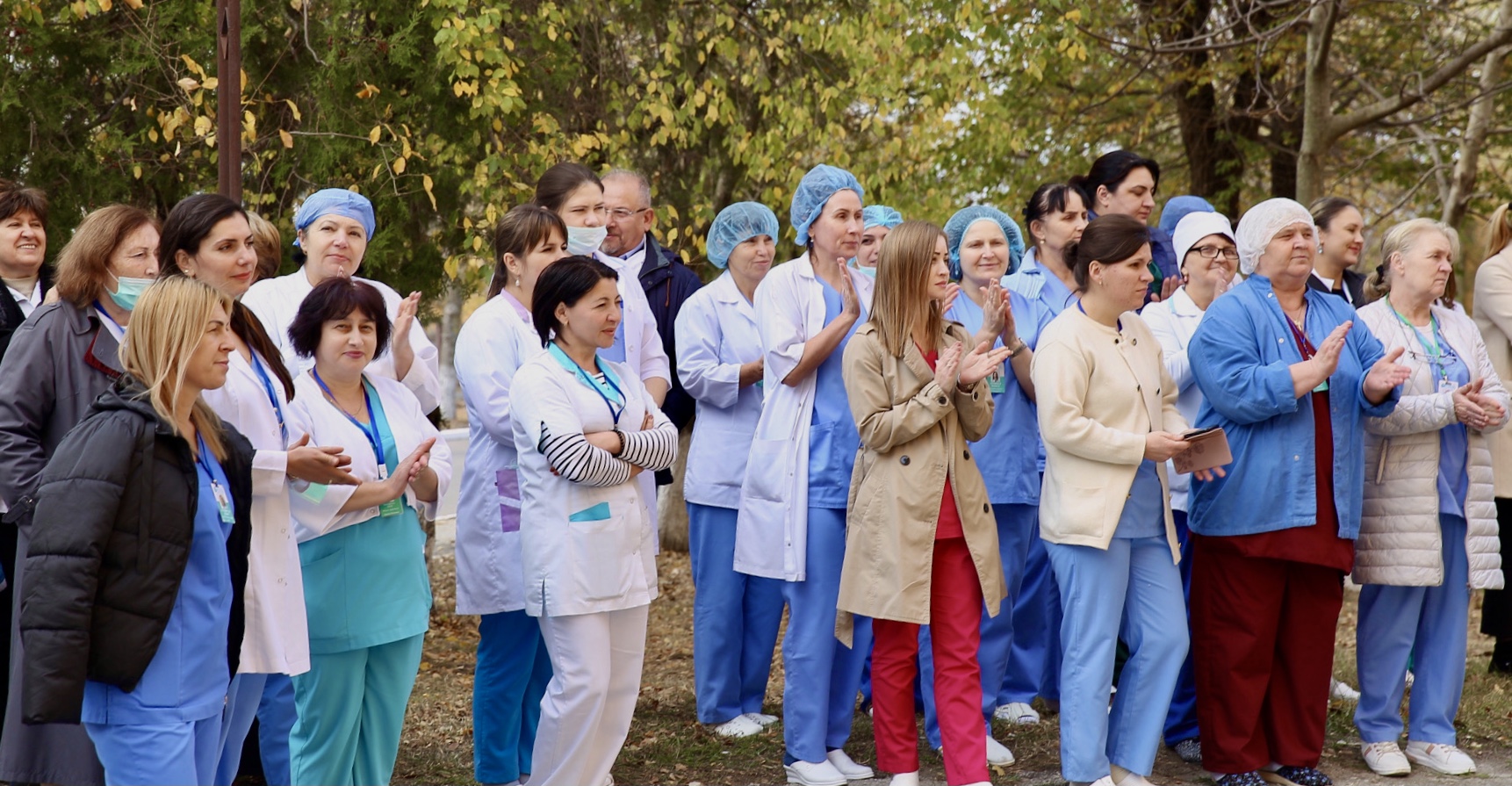
Children will be born in Edineț in safer conditions
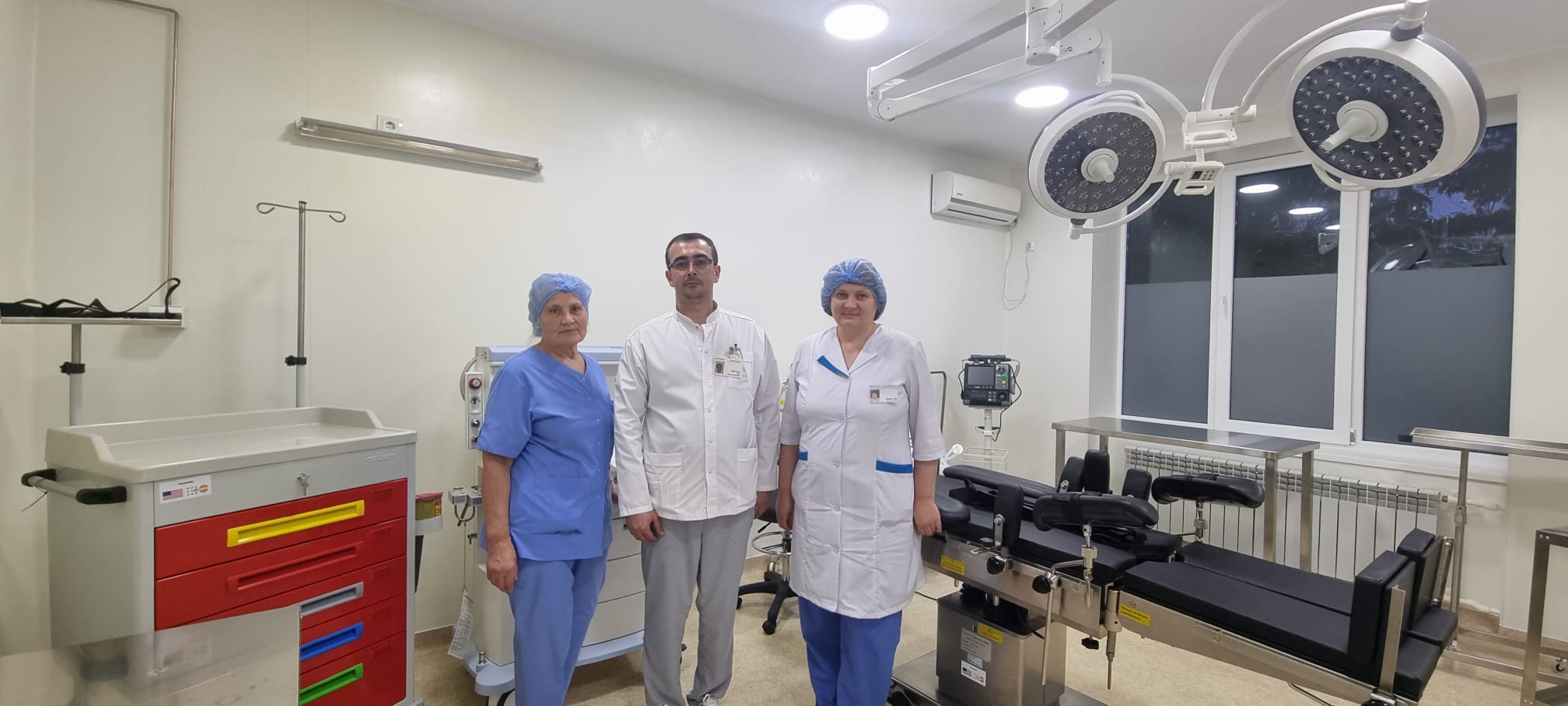
The UNFPA and US Government investment in the Edineț maternity ward amounted to USD 135,000. The medical facility delivers 1,200 babies a year.
Thanks to the support, the newly renovated operating theatres will provide better conditions for babies and mothers to receive skilled, efficient and safe help. Thanks to the equipment, the life expectancy of critically ill patients will be prolonged, as the intensive care units are equipped with state-of-the-art equipment: anaesthesia equipment, newborn resuscitation tables, operating lights.
Life-saving equipment donated to Bălți maternity ward
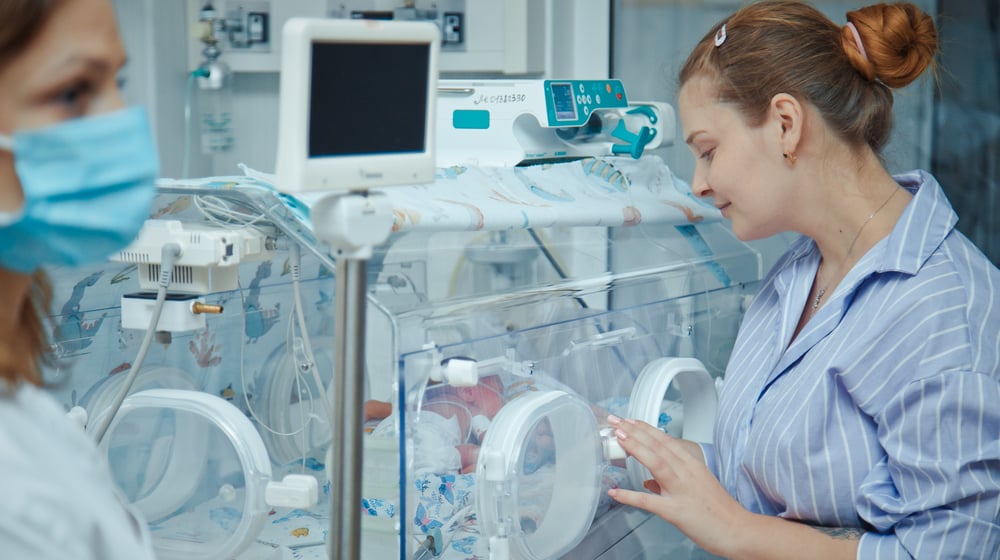
Annually, about 2,500 children are born in the Municipality of Bălți. On 12 October, when UNFPA donated the equipment to the medical facility, 33 babies were born. Their mothers shared that their firstborns were delivered at the same maternity ward, but the conditions changed in seven years.
Larisa and Ana gave birth to healthy babies. The first woman gave birth in 2018 and the second – in 2016. They say the difference between the conditions then and now is stark, and if they decided to have another baby, they would come to the same maternity ward.
The total investment amounts to USD 520,000, with the money being spent on new medical equipment, intensive care and resuscitation equipment, furniture for pregnant and nursing women and their infants. Thus, with the support of the US government, thousands of women will give birth safely and have access to quality gynaecological services.
Medical equipment, donated to the Institute of Mother and Child (IMC), will save lives for future generations
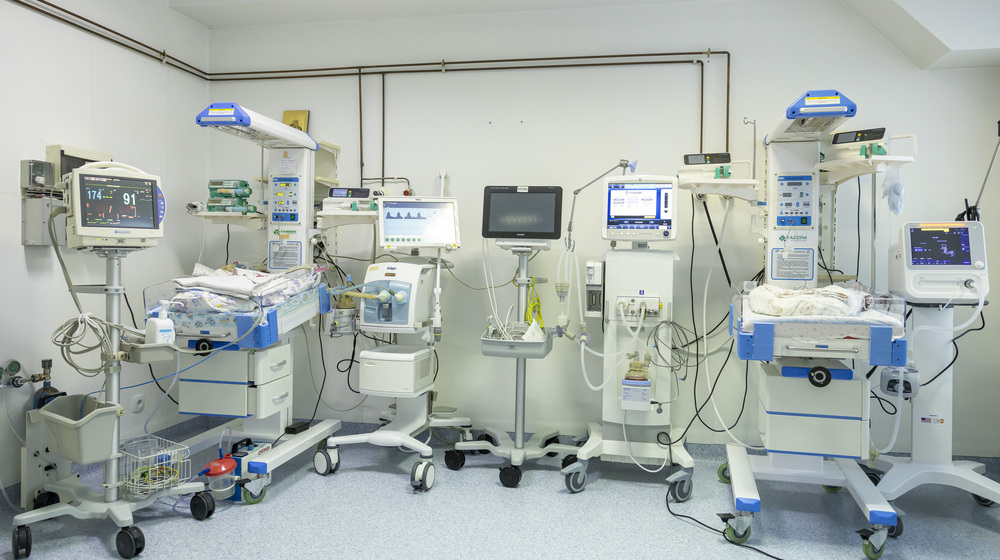
The IMC admits patients with the most serious pathologies from all over the country, including refugees from Ukraine. The Obstetrics Ward No 1 of the Mother and Child Institute's Perinatal Center has received USD 550,000 worth of equipment from UNFPA and the US Government that will save lives for future generations.
Doctors' work will become easier, thanks to the new equipment: new operating and delivery tables, operating lights, anaesthesia equipment, resuscitation tables for newborn intensive care units. At the same time, patients will feel comfortable and safe thanks to the refurbished furniture in the wards and operating theatres.
900 babies every year will be born safely in Ceadîr-Lunga
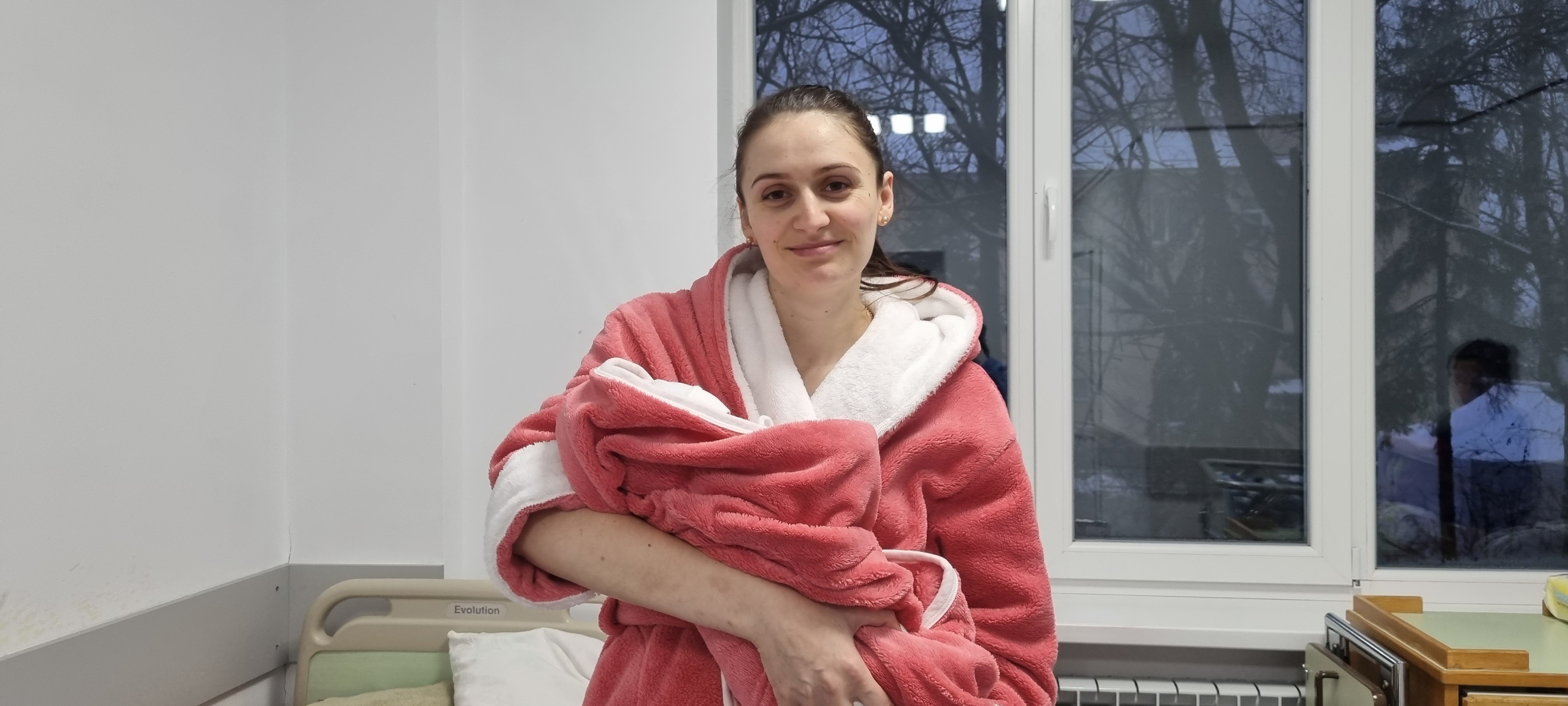
The support is provided to the perinatal centre to strengthen its capacity to provide care for a healthy pregnancy and safe delivery. The Gagauz authorities maintain that the equipment used by the facility has not been changed for about 30 years, and doctors say that between 700 and 900 babies are delivered annually in Ceadîr Lunga. In the context of the war in Ukraine, the medical facility has also provided aid for refugees from the war zones.
In Ceadîr-Lunga we met Ludmila, who delivered her 16th baby. Each of her children was born in the local maternity ward, and Ludmila confessed that things have changed for the better over the years. The mother praised the doctors on their great attitude towards patients and added that the new equipment will make their work easier.
The UNFPA grant with financial support from the US Government will make more than 15,000 births safer each year. The babies in serious condition, requiring specialised medical interventions, will be saved thanks to the modern resuscitation and intensive care equipment.
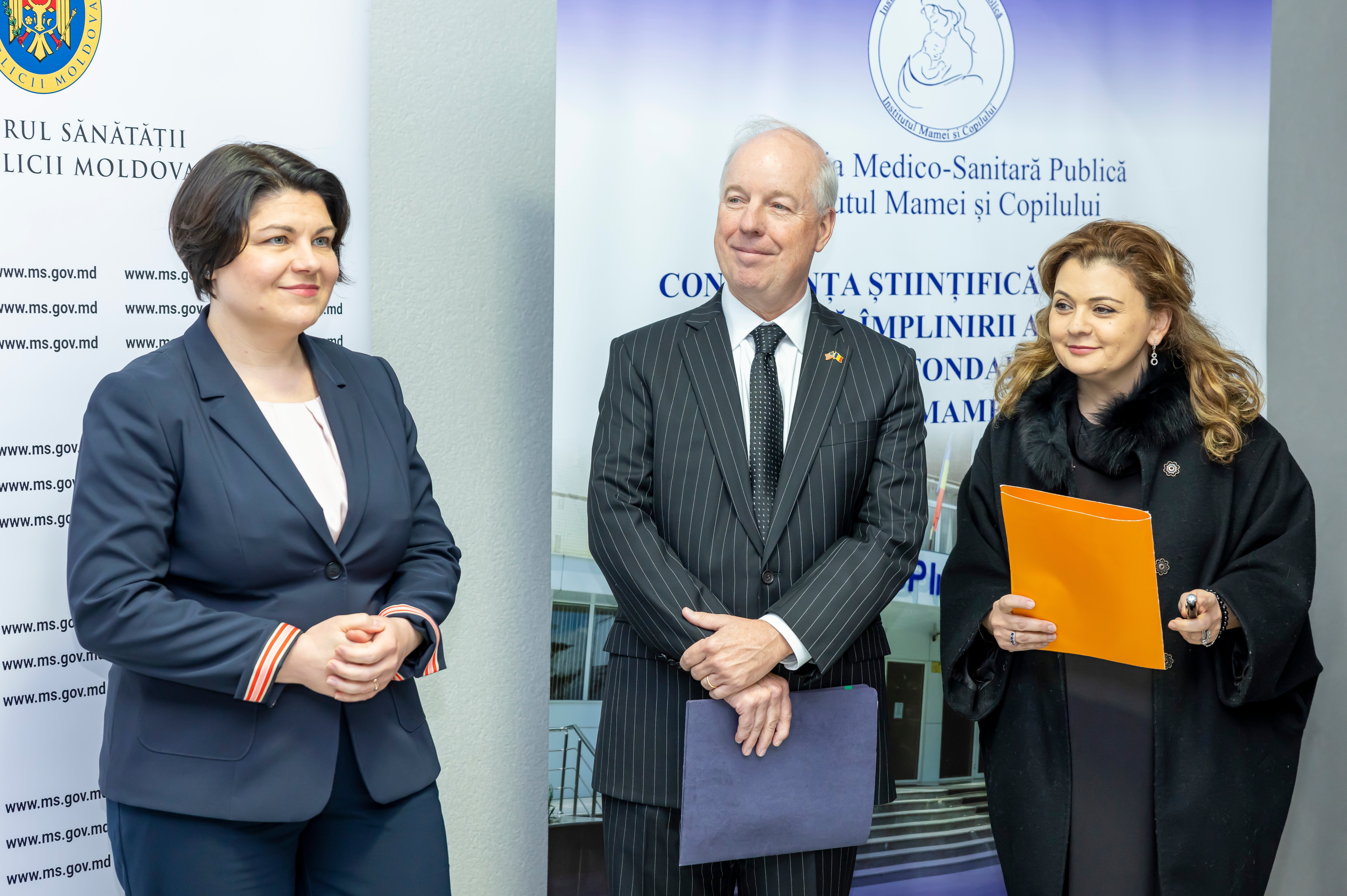
UNFPA continues to provide full support to the Republic of Moldova to ensure free reproductive and sexual health services, which are and will be provided to both Moldovan and Ukrainian refugee women.
The new equipment provides a qualitative leap in quality reproductive health services. By the end of 2022, UNFPA has fully equipped 22 delivery rooms, which will ensure the safe delivery of some 15,000 babies. The new-born babies in critical conditions will be saved thanks to the modern equipment installed in the intensive care units. In addition, 14 operating theatres will be completely modernised. Moreover, a new room equipped for gynaecological interventions within the Chișinău Oncological Institute will halve the waiting time for female oncological operations.
In response to the humanitarian crisis generated by the war in Ukraine, UNFPA provides extensive support to the reproductive health system by equipping medical institutions with the latest medical equipment. As a result, the local population and refugees will have access to quality medical services. In addition, UNFPA delivered financial resources to the National Medical Insurance Company 's budget to cover the reproductive health services for refugee women and girls provided by medical service providers included in the mandatory medical assistance insurance system.

